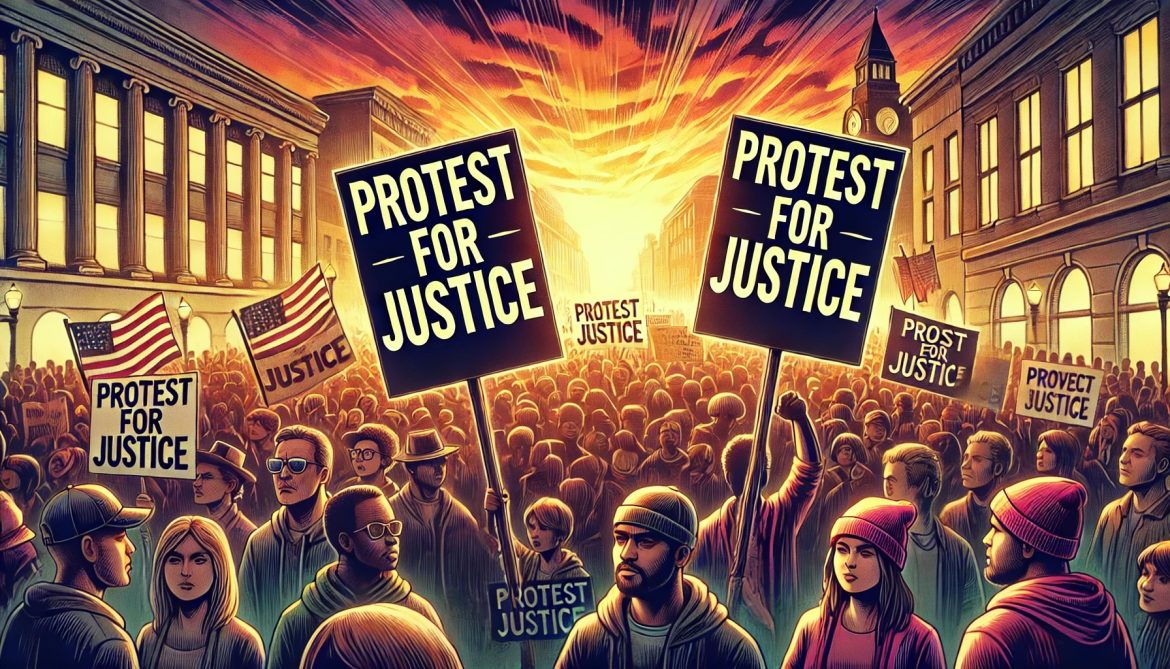The U.S. Supreme Court has declined to hear an appeal from former Minneapolis police officer Derek Chauvin, effectively upholding his conviction for the 2020 murder of George Floyd. Chauvin’s legal team argued that extensive pretrial publicity and the potential for civil unrest compromised his right to a fair trial, asserting that jurors may have felt pressured to convict to prevent further violence. Despite these claims, the Supreme Court denied the appeal without comment, leaving in place the decisions of lower courts that had previously affirmed Chauvin’s conviction.
Chauvin was convicted in April 2021 on charges of second-degree unintentional murder, third-degree murder, and second-degree manslaughter. He is currently serving a 22.5-year sentence for these offenses. In addition to his state conviction, Chauvin pleaded guilty to federal charges of violating Floyd’s civil rights and received a concurrent 21-year federal sentence.
The murder of George Floyd, a Black man, by Chauvin, who is White, ignited widespread protests against police brutality and systemic racism across the United States and internationally. The incident, captured on video by a bystander, showed Chauvin kneeling on Floyd’s neck for over nine minutes as Floyd repeatedly stated he could not breathe.
The case stems from the aftermath of the nationwide protests sparked by the murder of George Floyd in 2020. A group of demonstrators in Dallas alleged that the city’s police force employed excessive force and violated their constitutional rights during protests. The lawsuit claimed that the city failed to adequately train its officers to de-escalate tense situations and manage protests without resorting to violence or repression.
Court documents detailed several incidents cited by the plaintiffs, including the use of tear gas, rubber bullets, and other crowd-control measures that they argued disproportionately harmed peaceful demonstrators. Protesters alleged that the aggressive tactics not only caused injuries but also suppressed their right to freedom of speech and assembly under the First Amendment. These actions, the group argued, were indicative of a broader lack of oversight and systemic failures within the Dallas Police Department.
Despite these claims, a lower court dismissed the lawsuit, finding insufficient evidence to demonstrate a “pervasive pattern of misconduct” tied to official policies or a deliberate indifference on the part of the city. The court emphasized that isolated incidents or alleged misconduct by individual officers were not enough to hold the city liable under federal law. To succeed in their claim, the protesters would have needed to prove that the city’s policies or lack of training were directly responsible for the alleged violations.
The case’s progression to the Supreme Court marked an effort by the plaintiffs to challenge the lower court’s dismissal and highlight what they viewed as systemic issues in how law enforcement agencies handle mass demonstrations. However, the high court’s refusal to hear the appeal effectively closed the case, leaving the lower court’s ruling intact and ending the protesters’ legal fight against the city of Dallas. The decision also underscores the difficulties in holding municipalities accountable for police actions unless clear patterns of misconduct linked to official policies can be established.



